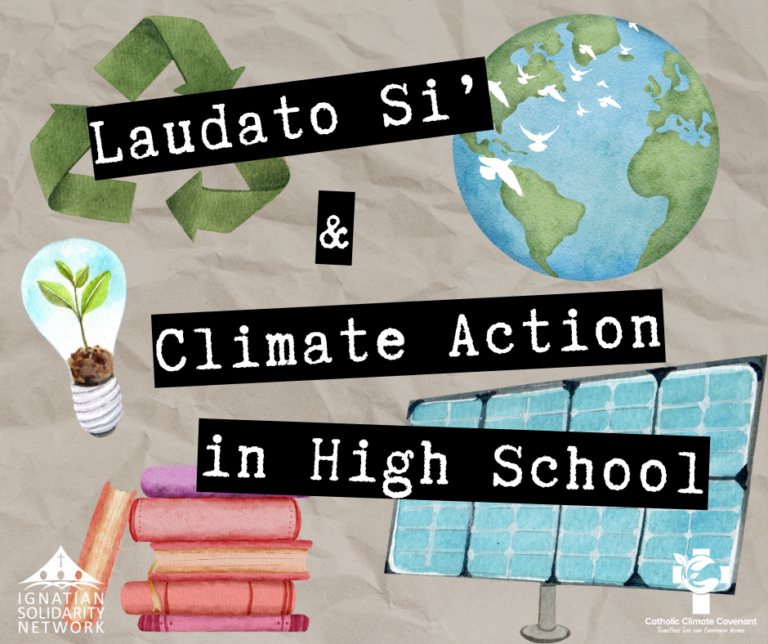Lately the news has been rife with discussions about all kinds of different environmental policy proposals: a group of prominent Republicans are suggesting a carbon tax; some legislators continue to support the Clean Power Plan; one Florida representative is even proposing the abolishment of the Environmental Protection Agency (EPA).
With so many different policies being batted around, sometimes I’m overwhelmed trying to make sense of them all. At Catholic Climate Covenant and in my own personal life, we look to the teachings of the Church to inform not only our consciences, but also to provide a moral measure of public policy proposals.
Stated another way, the Church is not in the business of designing policy. That’s the job of local, state, and federal officials. But the Church is in the business of carefully reflecting on scriptures and our faith tradition, and using those to make faith-informed judgements about our world today.
On matters of climate change, the US bishops have discerned that any legislative proposal should include provisions that:
- Reduce greenhouse gas emissions that are the primary drivers of climate change;
- Ease the burdens faced by poor people at home and abroad;
- Offer relief for workers who may be displaced because of climate change policies;
- Promote the development and use of alternate renewable and clean-energy resources, and be willing to share these technologies and offer technical assistance to developing countries in meeting the challenges of global climate change; and
- Provide funding for U.S. obligations overseas to help least developed countries adapt to climate change.
Neither the US bishops nor Catholic Climate Covenant (nor any Church organization, for that matter) can or should take a stand on every public policy being considered by local, state, or federal bodies. What they and we can offer is this framework which has been developed to help inform the conscience of all citizens. In turn, each of us can make judgements informed by our faith about policy activity and then take whatever action we deem most appropriate.
Ultimately, as Jesus taught us, one of our primary duties is to care for the poor and marginalized. That includes our impacted brothers and sisters – like farmers suffering from drought in the Midwest or coastal residents in Louisiana whose communities are drowning – as well as the Earth itself, who, as Pope Francis observes, “is among the most abandoned and maltreated of our poor” (LS,2).
You can see a copy of the environmental policy guide here, and learn more about how you can lift your voice in the public square to care for creation and care for the poor here.
—
Dan Misleh is the founding Executive Director of Catholic Climate Covenant

